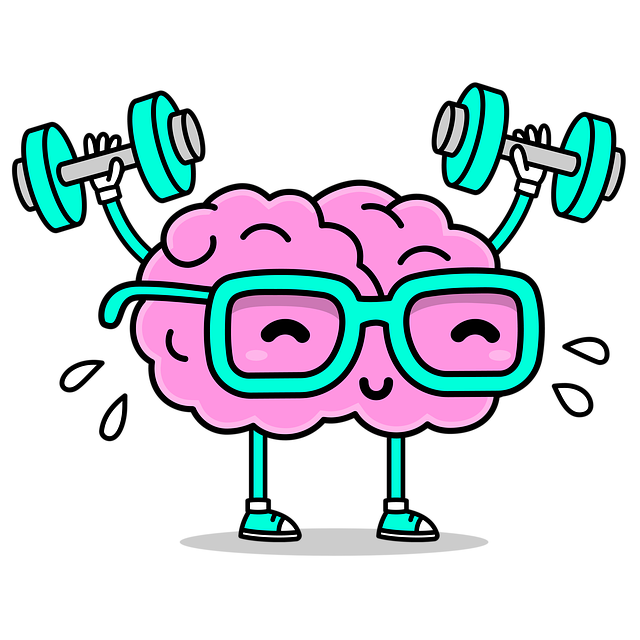
Can fasting really lift your spirits, or is it just another health fad that leaves you hangry and disillusioned?
At a Glance
- Caloric restriction may increase brain-derived neurotrophic factor (BDNF) levels.
- Short-term fasting could improve mood and cognitive function.
- Long-term effects of fasting on mood remain uncertain.
- More rigorous studies are needed to confirm fasting as a depression treatment.
The Science of Fasting and Mood
Fasting and caloric restriction have long been touted as remedies not just for the waistline but for the brain as well. Early 20th-century proponents even linked fasting to mental rejuvenation. Fast forward to recent decades, and scientists have delved into the neurobiological underpinnings, discovering that fasting can increase levels of brain-derived neurotrophic factor (BDNF). BDNF is a critical player in neuronal survival and mood regulation, with research showing its levels are often lower in individuals battling major depressive disorder.
Animal studies initially revealed the antidepressant-like effects of caloric restriction, and human studies soon followed, reporting increased BDNF levels and mood improvements. However, it’s not all sunshine and roses—initial phases of fasting often bring irritability and negative moods before any uplift begins. The BDNF/CREB pathway, along with other molecular mechanisms, has been spotlighted as a potential therapeutic avenue, sparking interest in fasting as an adjunct to traditional antidepressant therapies.
The Stakeholders and Their Interests
In this fasting frenzy, several key players are actively involved. Researchers and clinicians are at the forefront, investigating the efficacy and safety of caloric restriction for mood disorders. Patients with mood disorders are eager for effective treatments beyond pharmaceuticals. Meanwhile, the pharmaceutical industry may see fasting as either a threat or a complementary approach to their drug offerings. Nutrition and mental health organizations also play a role, promoting evidence-based practices while regulatory agencies ensure any new treatments are safe and effective.
Academic institutions contribute by conducting foundational and translational research, driving the agenda forward. Together, these stakeholders form a complex web of interests and influence that shapes the future of fasting as a mental health strategy.
Current Research and Developments
Recent studies underscore the potential of fasting to elevate BDNF levels, with short-term caloric restriction leading to mood improvements. A 25% reduction in caloric intake over three months can boost BDNF by up to 70% in humans—a promising figure that catches the eye of anyone looking for a mood lift. Despite these findings, the long-term effects are murky, with methodological limitations like lack of control groups and self-report biases clouding the picture.
Researchers urge the need for controlled, long-term studies to determine whether the mood benefits of fasting persist after returning to regular eating habits. Identifying dietary patterns or components that boost BDNF without the discomfort of prolonged fasting remains a key area of interest.
The Implications and Future Prospects
In the short term, individuals practicing caloric restriction might find themselves feeling more alert and in better spirits after an initial adjustment period. However, the jury is still out on whether these benefits are sustainable in the long run. Risks of chronic caloric restriction, such as negative effects on serotonin function and overall health, loom if not properly managed.
For those with treatment-resistant depression, adjunctive dietary interventions could offer a glimmer of hope, though more evidence is needed. On a broader scale, effective dietary interventions could reduce reliance on pharmaceuticals and lower healthcare costs, but this hinges on further research and validation.

















